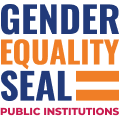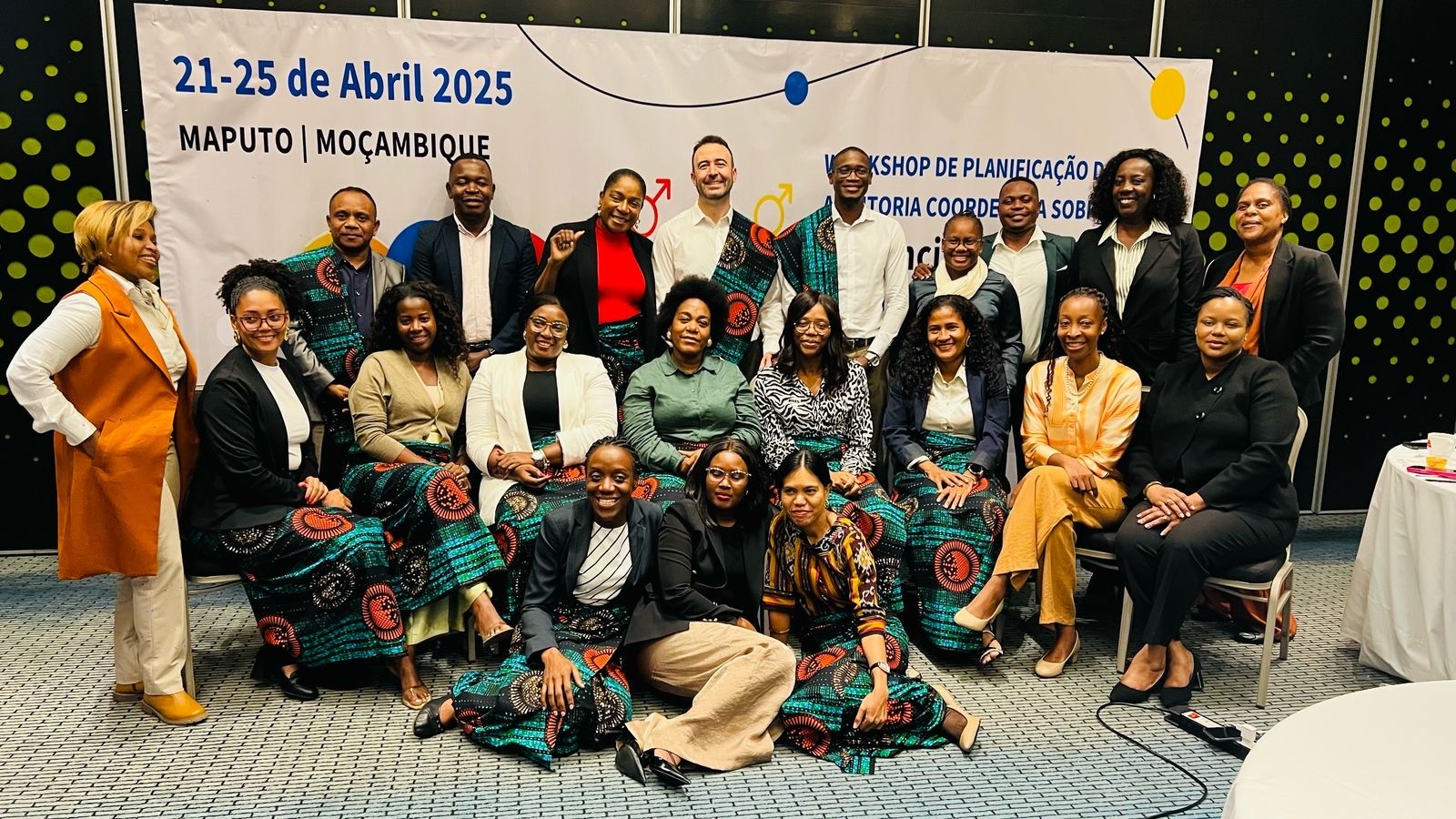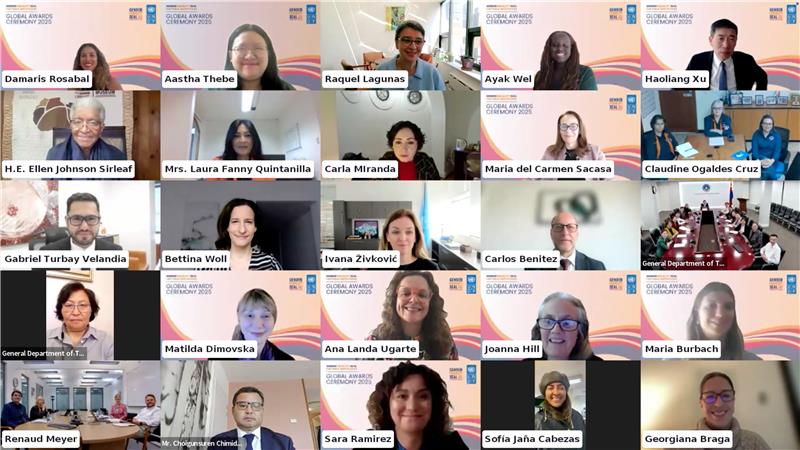In a defining step toward institutional transformation, the Nigerian Federal Inland Revenue Service (FIRS) officially launched the FIRS Gender Desk and the FIRS Women Network (WoN) on April 29, 2025, positioning the agency as a model for gender-responsive governance in the country. These two milestones also align with FIRS’s participation in EQUANOMICS – a global UNDP initiative supporting fiscal policies and institutions to advance gender equality – since 2023.
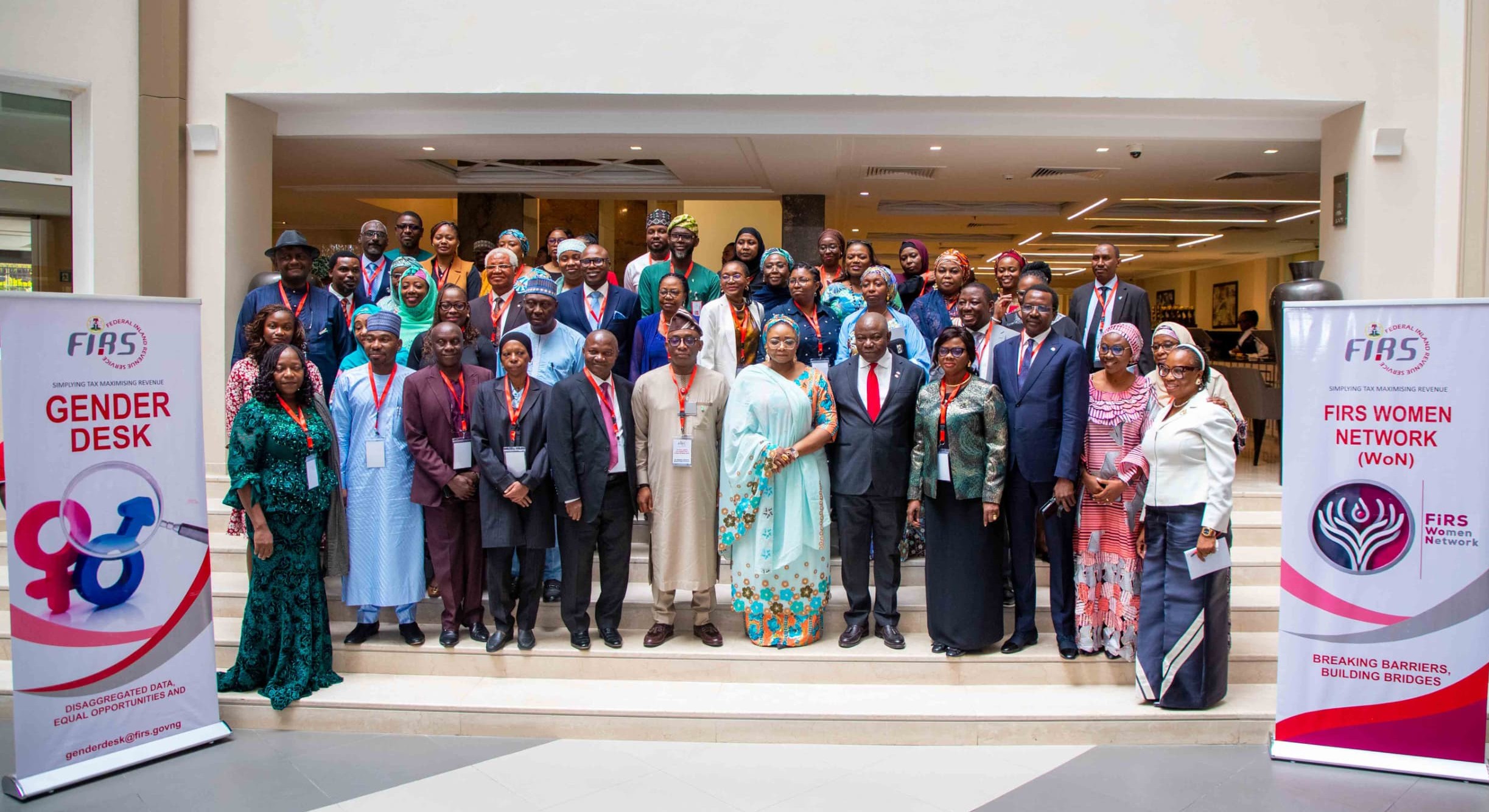
At the launch held at the FIRS headquarters in Abuja, a message from FIRS Executive Chairman, Dr. Zacch Adedeji – delivered by Dr. Dick Irri, Coordinating Director of the Medium and Government Taxpayers Group – emphasised the agency’s unwavering commitment to embedding gender equality and inclusion in Nigeria’s tax system. Adedeji described the event as a milestone that reaffirms FIRS’s leadership in transforming fiscal governance:
This is not just a symbolic gesture. It is a powerful declaration of our resolve to embed equity at the heart of our operations
The Gender Desk, situated within the Human Capital Management Department, will act as the focal point for coordinating gender mainstreaming efforts across all FIRS units. Its mandate includes guiding policy development, enhancing workforce inclusiveness, and ensuring gender-responsive planning and reporting throughout the institution. The launch of the Women Network (WoN), a staff-led platform for mentorship, professional growth, and leadership development, was widely applauded as a key pillar of the initiative. Adedeji encouraged all female staff to embrace the platform boldly and charged male colleagues to actively support its success.
We are positioning FIRS not just as a revenue agency, but as a model for gender-responsive governance in Africa.
The initiative aligns with Nigeria’s National Gender Policy (2021–2026) and contributes to the Sustainable Development Goals, in particular Goals 5 (Gender Equality), 8 (Decent Work and Economic Growth), and 17 (Partnerships). It also supports the federal government’s Renewed Hope Agenda, which targets the economic empowerment of 10 million women by 2027. Achieving these two milestones will bring FIRS closer to earning the Gender Equality Seal for Public Institutions – a global UNDP initiative that recognizes and supports public institutions in embedding gender equality across their operations – under which FIRS is currently implementing its gender action plan.
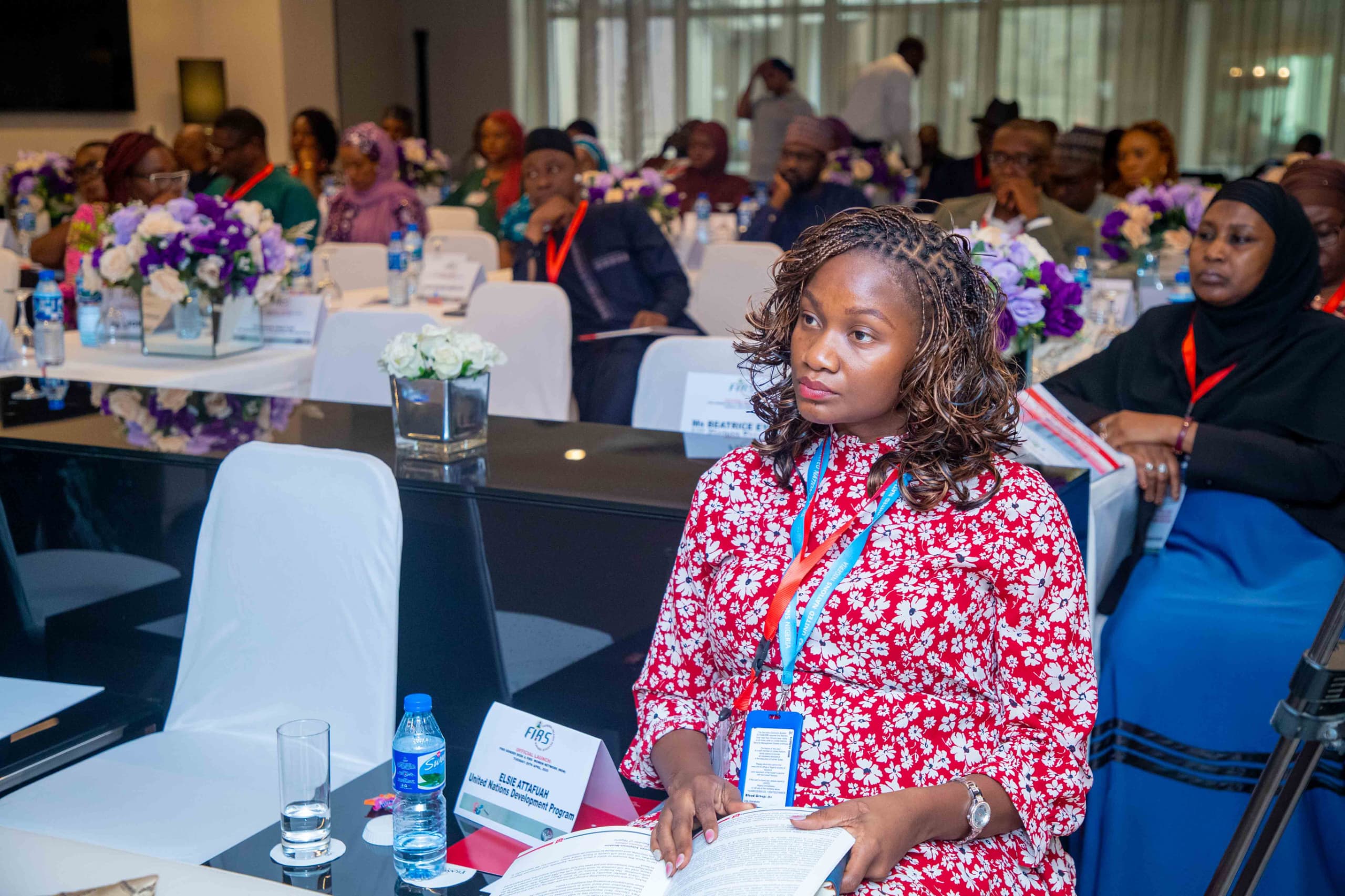
Honourable Minister of Women Affairs, Hajia Imaan Sulaiman-Ibrahim, who delivered a keynote address at the event, described the launch as a “defining moment” and praised FIRS for its institutional foresight.
You are proving that fiscal systems are not just about revenue, but also about people, about dignity, about equity, about nation-building
Sulaiman-Ibrahim stressed that the Gender Desk and WoN must not only exist in principle but be transformative in implementation. She called for concrete changes in recruitment, retention, and promotion practices to ensure gender balance in decision-making positions across the agency, stating that
women must be influential, visible, and valued at every leadership table
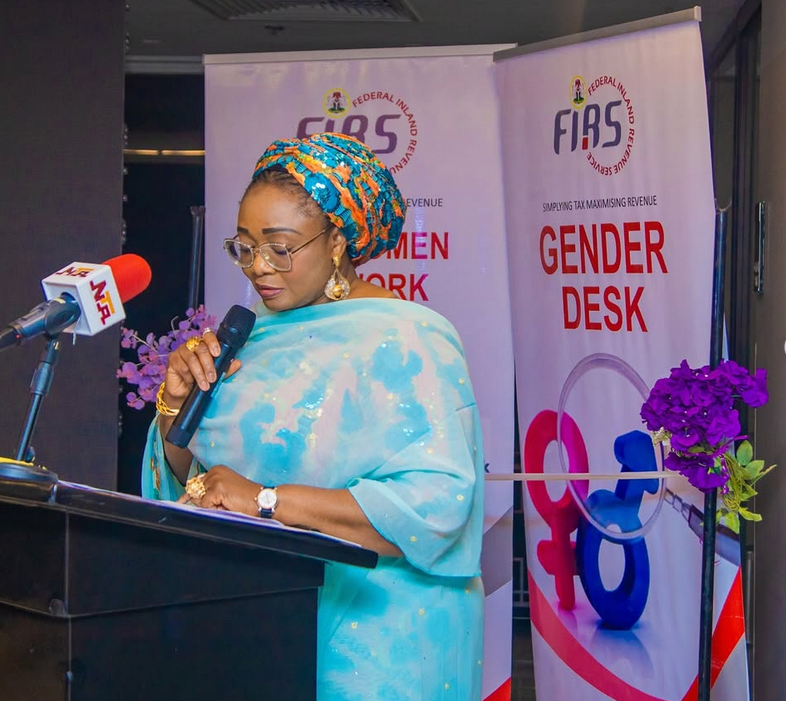
Som Nwegbu, representing executive director Dr Osasuyi Dirisu of the Policy Innovation Centre, echoed this vision
Today, we are not just launching a desk, we are opening a doorway to a stronger, more inclusive future […] where gender is recognized as a strength that fuels institutional excellence and national service. […] Gender equality is not just a women’s issue – it is […] essential for economies and communities to thrive.
Catherine Ibrahim of UNDP Nigeria emphasized the crucial role of mentors, particularly women at FIRS management, in actively bringing more women into the room – not just for representation, but to occupy strategic and decision-making roles.
With the launch of the Gender Desk and Women Network (WoN), FIRS has taken a bold step toward institutionalising equity within Nigeria’s fiscal landscape. As implementation unfolds, the agency’s progress will serve as a benchmark for other public institutions committed to driving inclusive governance, proving that gender equality is not just a policy goal, but rather a catalyst for national development.
